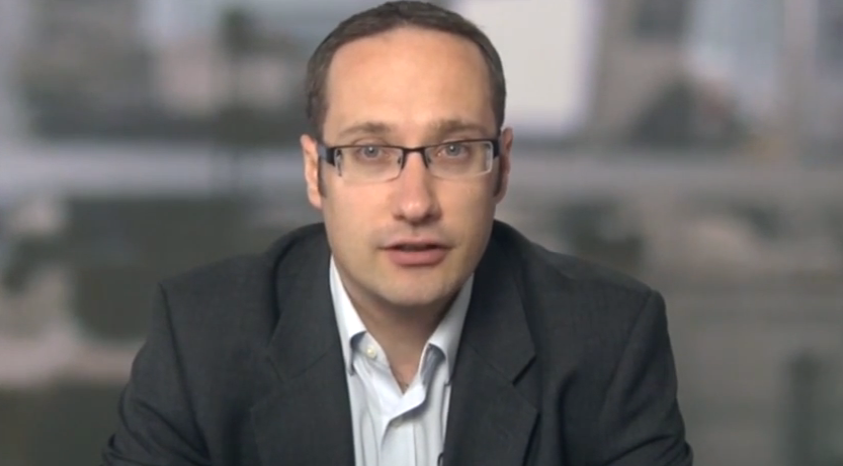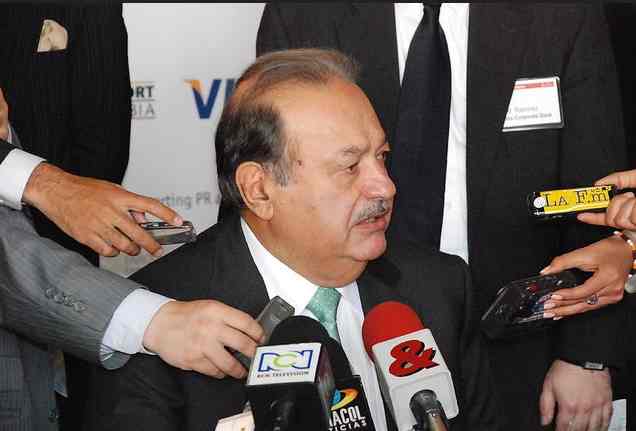Valuations are becoming stretched across markets, setting up the markets for more volatility — especially as US quantitative easing ends and focus shifts to prospective US interest rate rises, according to the BlackRock Investment Institute’s Mid-Year 2014Investment Outlook.
The Mid-Year Outlook, “Life After Zero,” provides an update on the Institute’s previously released 2014 global market view, examining such key questions as “what does life after zero (rates) look like?” and offering specific asset guidance for the remainder of the year. The BII maintains its view that a “low for longer” scenario will continue to play out through the remainder of 2014, under which real rates and overall volatility stay subdued.
“Easy monetary policies by central banks have pushed down yields, encouraging risk taking and inflating asset valuations,” says Peter Fisher, Senior Managing Director of the BlackRock Investment Institute. “In today’s environment, markets are more susceptible to volatility as investors shift their focus away from the end of U.S. quantitative easing and towards concerns about the timing and magnitude of future interest rate hikes.” “The longer monetary policy hinders volatility, the more stretched valuations become, and the greater the risk of equity markets disconnecting from earnings growth,” said Russ Koesterich, BlackRock’s Chief Investment Strategist.
Stage set for emerging markets rebound
Over the past six months, the biggest change globally, the BII believes, was that a brewing crisis in emerging markets stabilized. Many economies have adjusted and started closing current account deficits, setting the stage for an economic and market rebound.”In the emerging markets, selection is key, as countries develop at very different speeds,” Koesterich says. “We favor countries with strong balance sheets that are implementing reforms to make their economies more competitive (think Mexico).” With risk assets grinder higher and volatility extremely low, the BII “would get worried if we were to see leverage rise much further. In the meantime, brace for shifts in internal market dynamics (think the equity momentum reversal this spring).”
Diverging global central bank policies
Central bank monetary policy is expected to continue to diverge between regions, with the U.S. Federal Reserve and the Bank of England moving towards a period of tightening, in contrast to the European Central Bank and Bank of Japan which look set to remain with loose policies for some time. “This divergence goes some way towards explaining BlackRock’s asset preferences,” said BlackRock Investment Institute’s Chief Investment Strategist, Ewen Cameron Watt. “We broadly favor European and Japanese equities, both supported by accommodating central bank measures, while anticipated rate hikes and the year-end cessation of quantative easing leads us to be more cautious towards U.S. and, to some extent, UK risk assets.”
The US economy has been “cruising below its speed limit for years,” the BII notes, yet it could be on the verge of a cyclical pickup, driven by pent-up demand for housing, the fading of the fiscal drag from spending cuts and tax hikes, and a near-term increase in capital spending. As conditions continue to improve, one risk is that the Fed may stay “low for too long,” which could eventually result in a rapid series of growth-braking rate hikes.
Across Europe, the bar is low for growth to surprise on the upside. The European Central Bank (ECB)’s resolve to prevent the eurozone from falling into a deflationary spiral is likely good news for European risk assets. “Watch current account balances to gauge competitiveness and the ECB’s maneuvering room to start an asset purchase program.” the BII says. As one example, the BII notes, a falling surplus in Germany could lead to renewed efforts by the ECB to push down the euro — and a “melt-up” in European equities.
Despite recent underperformance in Japanese equities, the BII is maintaining a bullish stance, supported by “Godzilla-like” QE by the Bank of Japan, cheap valuations, structural reforms to boost economic growth, and a rise in domestic investor interest.
For China, GDP growth expectations have come down, but could probably edge even lower, with the country’s investment fueled growth not sustainable, in the BII’s view. “A lot depends on China’s export machine, which makes up a quarter of GDP,” the BII says. “If exports hold up, the government has more maneuvering room. Any downside surprises to export growth could set in motion a vicious cycle.”
The BII offered region-by-region investment recommendations for 2014’s second half:
The US
· Buy volatility. It is cheap and the risk of binary outcomes is growing.
· Look for relative value in bonds and consider long-short for equities.
Europe
· Buy cyclicals, energy and large cap value. Caveat: Earnings need to come through.
· Underweight peripheral debt. Risks are now skewed to the downside.
Asia
· Buy (hedged) Australian rates as slowing China demand hits hard.
· Contrarian: Buy banks (a cheap and easy way to profit from an equity rebound).
Japan
· Buy (hedged) Japanese equities.
Emerging Markets
· Favor active management: Not all boats will float.
· Buy select local debt (Brazil and Mexico).
The BlackRock Investment Institute Mid-Year 2014 Outlook can be found in this International Version



